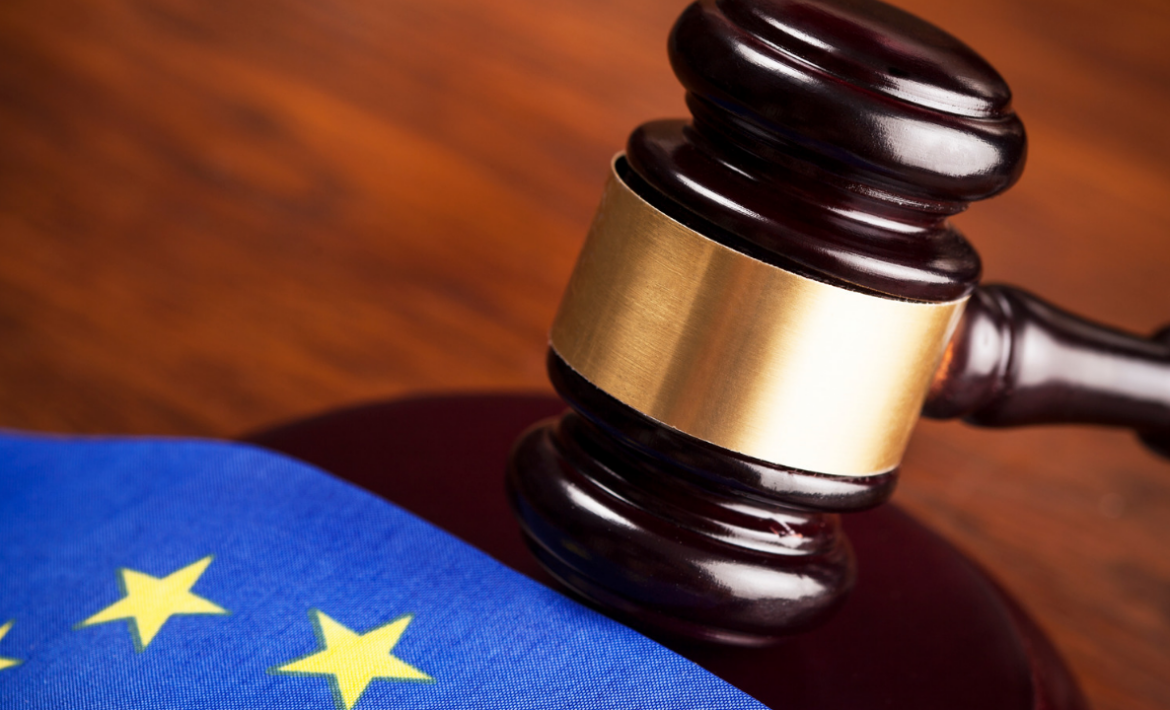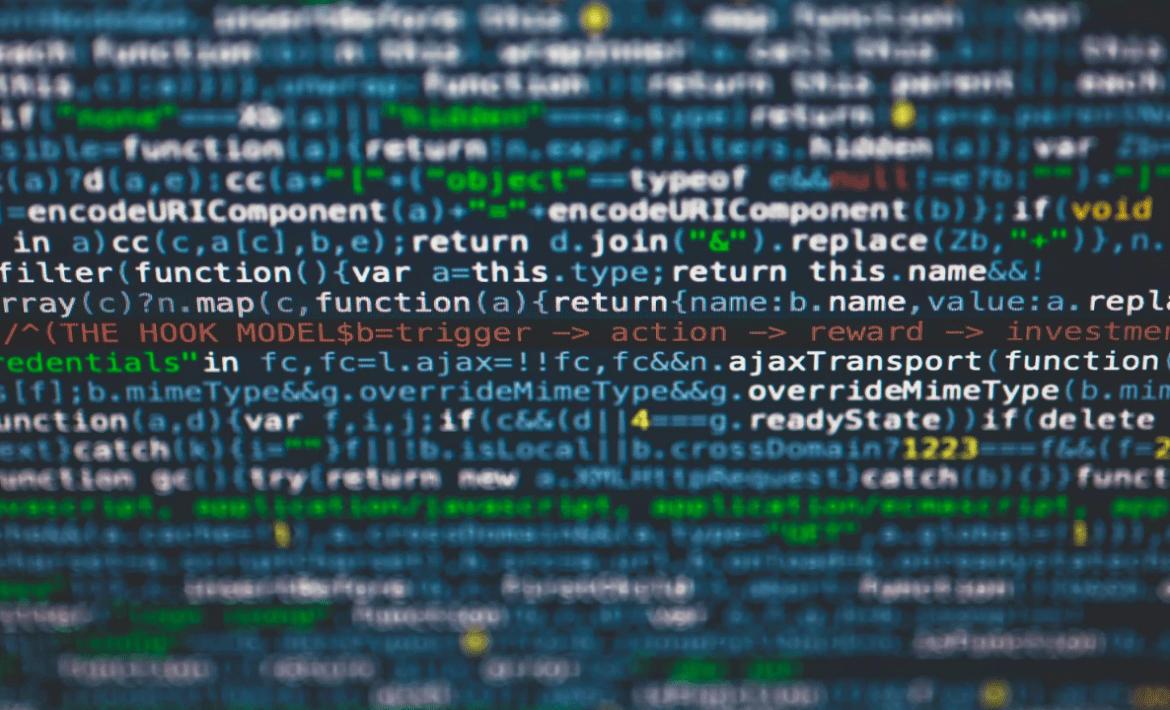Toyota Bank Polska fined €132,000 for GDPR breaches including failure to ensure the independence of its DPO and lack of documented profiling practices
Poland’s data protection authority has fined Toyota Bank Polska €132,000 for failing to ensure the independence of its DPO and neglecting to document profiling practices and conduct a DPIA. On 18 December 2024, the Polish Data Protection Authority (UODO) imposed an administrative fine of €132,000 on Toyota Bank Polska S.A. for violations of key GDPR















